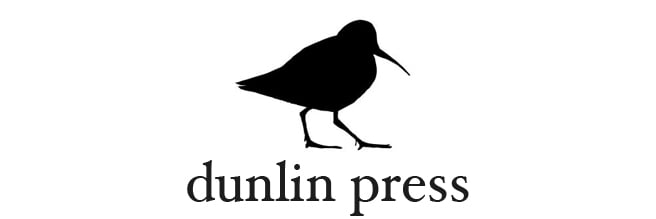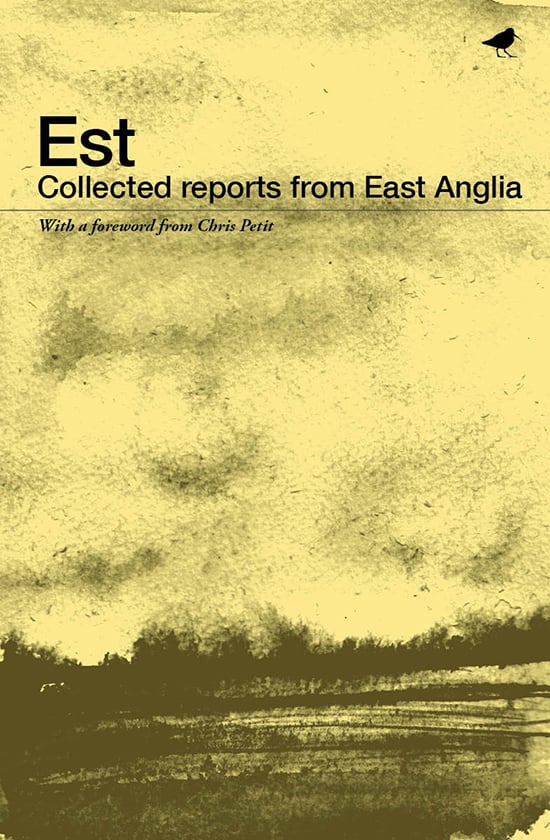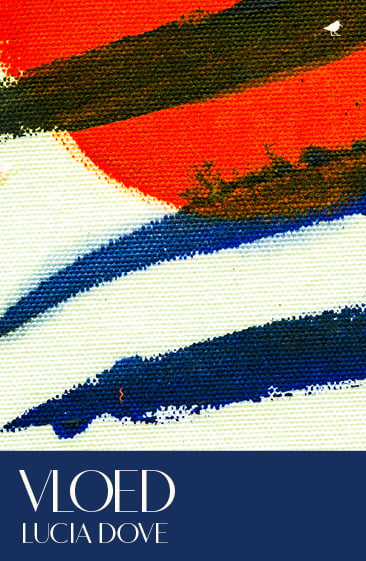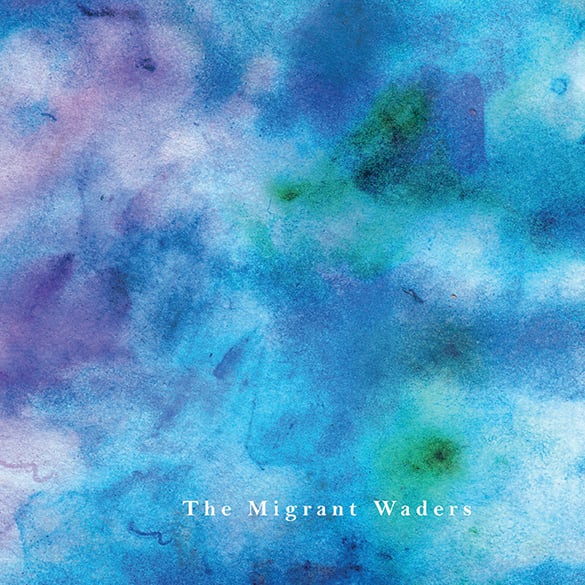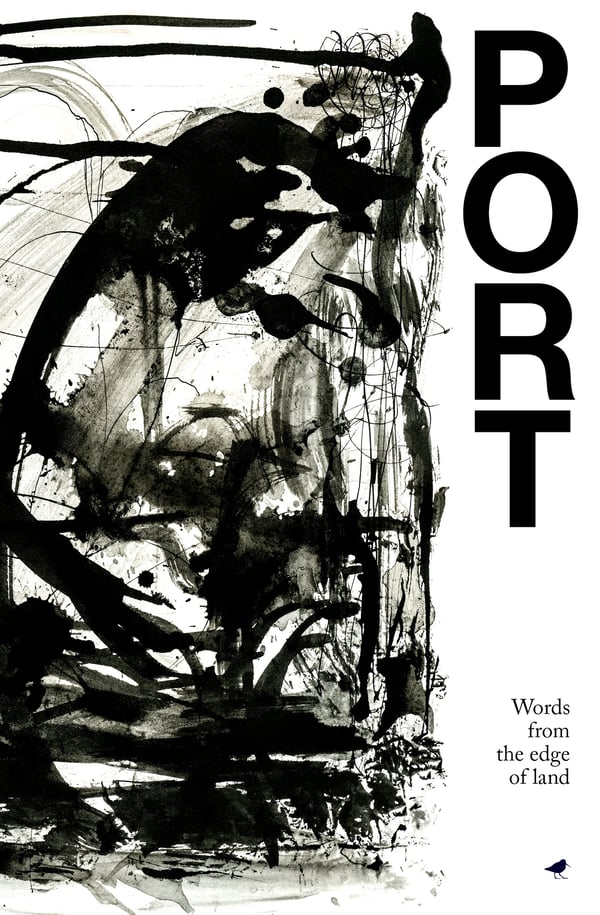If Any Thing Was Ever Done, MW Bewick
£20.00
This is a book about art and the making of art, and of poetry and discovering your voice. It’s also a book about society and class, and about finding love in the world.
MW Bewick’s indefinable new work, If Any Thing Was Ever Done is in fact a hybrid text – a multi-faceted clash of poetry, prose poems, broken text, sketches of memoir, personal notes, journalism and photography. It is also a story about the creative partnership between MW Bewick and Ella Johnston, co-founders of Dunlin Press.
Geographically, the text reverberates with recollections of rural north Essex and the coast of the Irish Sea in Cumbria, with visits to Sheffield, London and Glasgow. Via interviews with the renowned musicians Raphael Roginski and Michelle Moeller we are also taken to eastern Europe and California – to explore contrasting creative traditions. The text gets lost in place, and loses its place, and sees the loss of centre as a positive force for both language and the personal – and writing as a process not of claiming but of giving away.
In the polyphonies and dialogisms, and the stress-testing of ‘standard diction’, MW Bewick also finds small spaces for the Cumbrian dialect with which he grew up. Through language and lived experience, the idea surfaces that poetry is sometimes little more than a parlour game through which the middle-class seeks to assert its knowledge and experience – and extend its cultural influence.
Further, the organising and polishing principles of creative endeavour are seen as having reductive capacities, as well as the power to uphold fictions and lies. When artistic production is harnessed to fit market forces, this cleaning up is revealed as being at odds with the messiness and shonkiness of everyday reality.
If Any Thing Was Ever Done is a text of three loose parts: Faltering Towards; The Spanish Riders; and Error Theory. While the first sketches the setting out of a creative journey and the third offers the opportunity to resist definition, the second considers the social background of artistic production, and foregrounds it as a contested site.
The book is also funny, with sharp asides that break the fourth wall, and many pop references ranging from Jean Luc Godard to John Cooper Clark and Italian cuisine to the wine section of the local Co-op.
If Any Thing Was Ever Done takes its title from a line in Leonardo da Vinci’s notebooks. It confronts the artistic process head on to become a piece of writing that is performative of its own creation. It asks: ‘How do we know when we’ve said what needed to be said?’; ‘How do we construct a voice that is true to ourselves?’; ‘How do we know when we’re finished?’
This limited edition book is hardback and cloth-bound with embossed text on the cover.
If you are outside the United Kingdom, let us know if you'd like us to arrange a special delivery.
